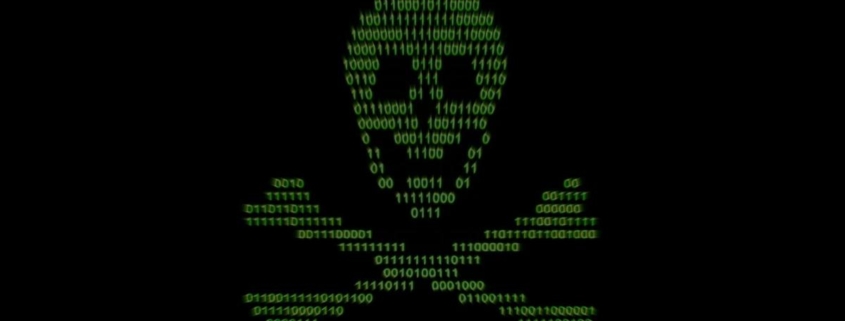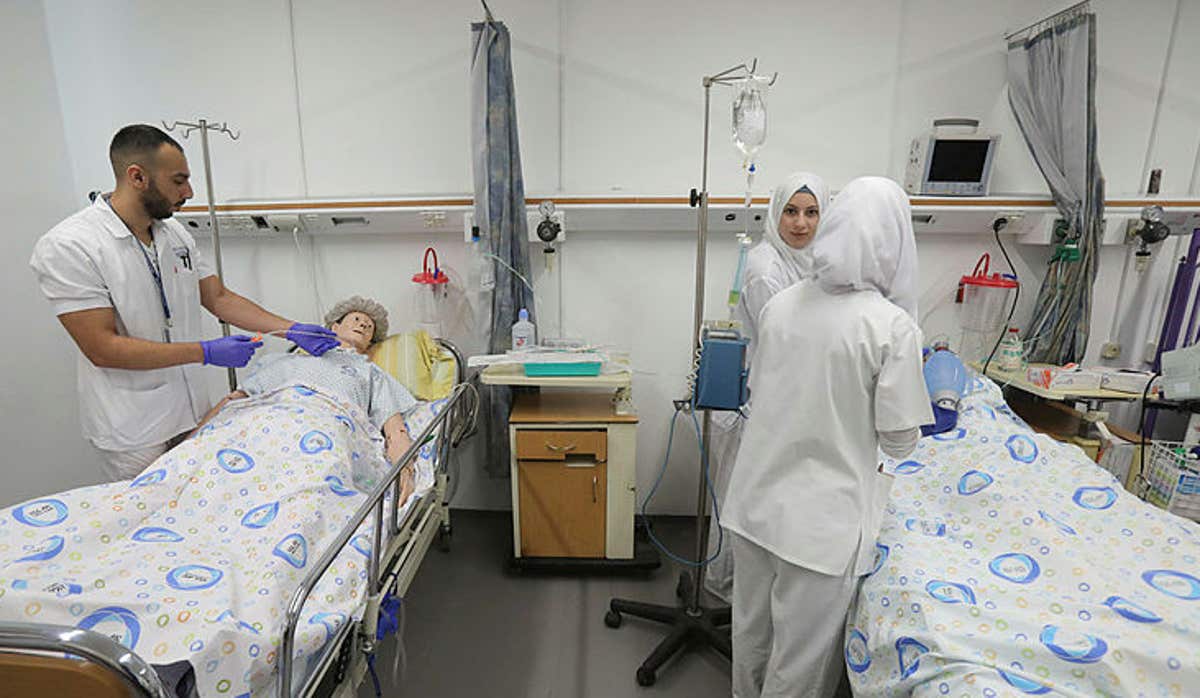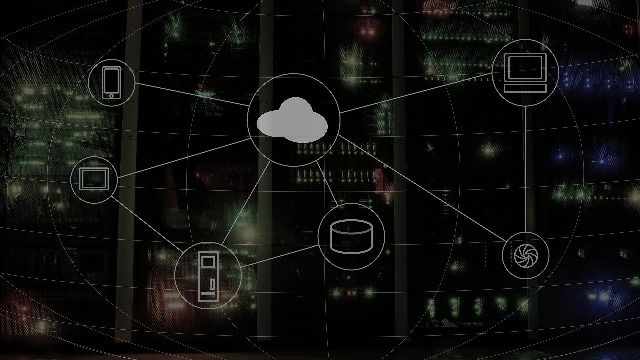Hackers targeted US drinking water and wastewater facilities as recently as August, Homeland Security says
WASHINGTON – The nation’s top civilian cybersecurity agency issued a warning Thursday about ongoing cyber threats to the U.S. drinking water supply, saying malicious hackers are targeting government water and wastewater treatment systems.
Authorities said they wanted to highlight ongoing malicious cyber activity “by both known and unknown actors” targeting the technology and information systems that provide clean, drinkable water and treat the billions of gallons of wastewater created in the U.S. every year.
The alert, which disclosed three previously unreported ransomware attacks on water treatment facilities, was issued by the Department of Homeland Security’s Cybersecurity and Infrastructure Agency (CISA). It was the result of analytic efforts by DHS, the FBI, the Environmental Protection Agency and the National Security Agency.
One DHS cybersecurity official described it as the routine sharing of technical information between federal agencies and their industry partners “to help collectively reduce the risk to critical infrastructure in the United States.” Added a second Homeland Security official: “It’s not any indication of a new threat. We don’t want anyone to think that their drinking water supply is under attack.”
Both officials spoke on the condition of anonymity in order to elaborate on the agency’s public statements.
Despite their assurances, the advisory disclosed that in March 2019, a former employee at a Kansas-based water and waste water treatment facility unsuccessfully tried to threaten drinking water safety by logging in with his user credentials – which had not been revoked at the time of his resignation – to remotely access a facility computer.
In that case, a federal grand jury in Topeka, Kansas accused Wyatt Travnichek, 22, of tampering with the water treatment facilities for the sprawling, eight-county Post Rock Rural Water District.
The indictment, announced March 31, alleges that Travnichek’s job for the utility was to monitor the water plant remotely by logging into its computer system. Two months after he left his job with the water district in January 2019, it said, Travnichek logged in remotely with the intent of shutting shut down…


